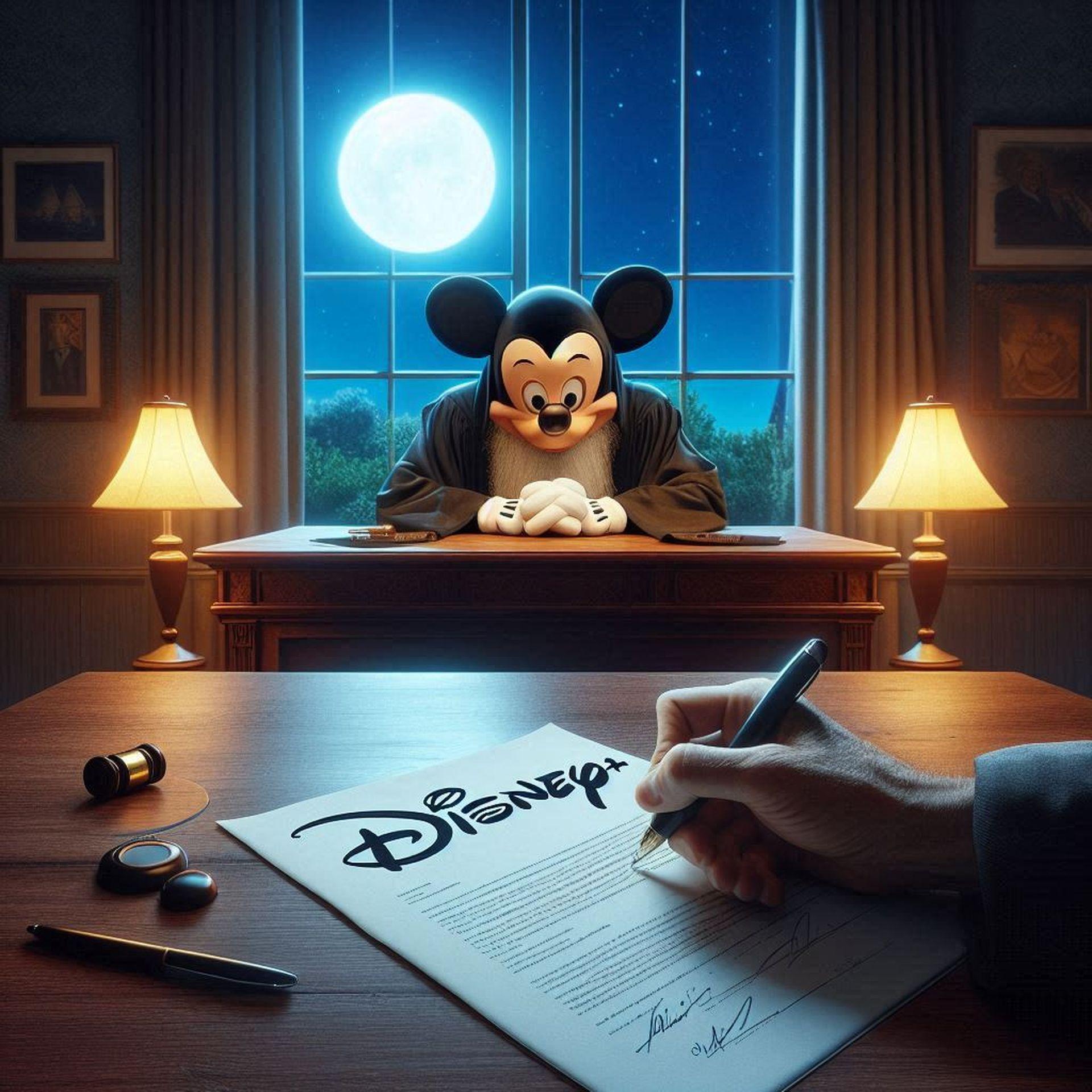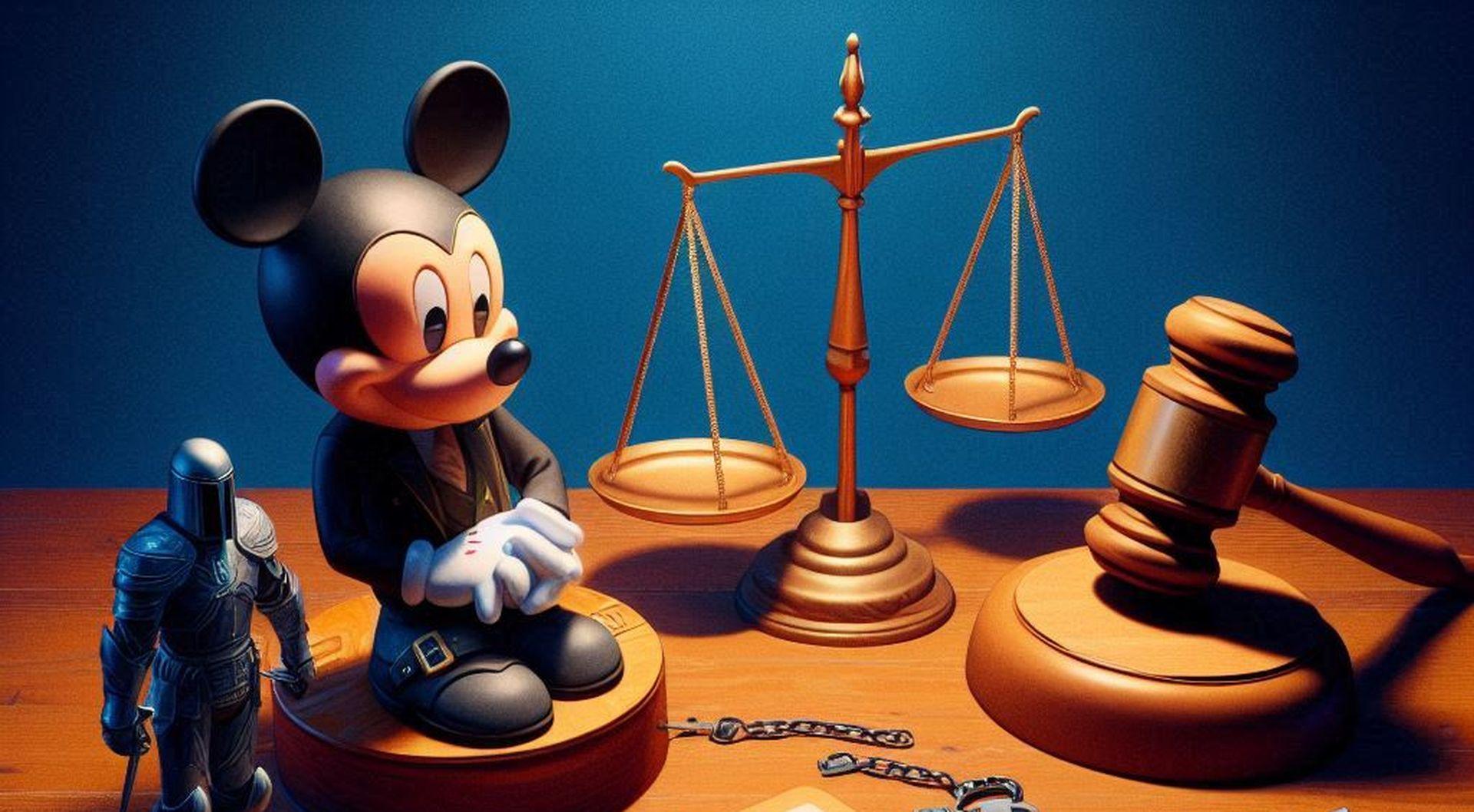The Disney wrongful death lawsuit was filed by Jeffrey Piccolo after his wife, Kanokporn Tangsuan, died from a severe allergic reaction following a meal at Raglan Road Irish Pub in Disney Springs, part of the Walt Disney World resort in Florida. The lawsuit alleges that the restaurant failed to adequately protect Tangsuan, who had known allergies to dairy and nuts, leading to her untimely death despite efforts to avoid allergens.
You might wonder what Disney+ has to do with this case. To understand, let’s explore Disney’s defense strategy, which revolves around two main points: the terms of the Disney+ subscription Piccolo signed up for in 2019 and the conditions tied to his online purchase of Epcot tickets.
Disney wrongful death lawsuit: Be careful what you signed
Disney’s first argument is based on a Disney+ free trial subscription that Piccolo signed up for in 2019. When he signed up, he agreed to terms and conditions that included a clause requiring all disputes with Disney to be resolved through arbitration instead of going to court. Disney argues that this agreement applies not just to Disney+ issues, but to any disputes involving Disney or its affiliates.
 Disney’s legal team believes that by moving the case to arbitration, they can avoid the unpredictability and potential costs of a jury trial. They argue that this arbitration clause should cover the wrongful death claim, even though it’s about an incident at a Disney park, not directly related to the Disney+ service.
Disney’s legal team believes that by moving the case to arbitration, they can avoid the unpredictability and potential costs of a jury trial. They argue that this arbitration clause should cover the wrongful death claim, even though it’s about an incident at a Disney park, not directly related to the Disney+ service.
The Epcot ticket purchase
Disney is also using the terms associated with Piccolo’s purchase of Epcot tickets as part of their defense. When Piccolo bought these tickets online, he agreed to terms that included limits on Disney’s liability and required disputes to be resolved through arbitration. Disney’s lawyers claim that this agreement further protects the company from being sued in court and should be handled through arbitration instead.
Why is Disney making these arguments?
The defense strategy for the Disney wrongful death lawsuit is focused on enforcing these contracts to limit their legal risks. Arbitration is often seen as a quicker and less expensive way to resolve disputes compared to a court trial. By insisting on arbitration, Disney hopes to control how the case is handled and potentially avoid paying large damages that might come from a jury trial.
Disney’s legal team argues that even though the arbitration agreements were made in contexts unrelated to the incident at the restaurant, they are still legally valid because of the broad language used in the agreements. They are trying to prevent the lawsuit from moving forward in court to minimize the company’s legal exposure.
Disney hacked: Alleged +1TB leak includes secret projects and more
Legal controversy
This arguments have sparked outrage from Piccolo’s legal team, who called Disney’s stance “preposterous” and “outrageously unreasonable.” They argue that Disney’s attempt to link a wrongful death claim to a streaming service subscription is an overreach that undermines basic legal protections for consumers.
“Disney is essentially trying to prevent any of its 150 million Disney+ subscribers from ever taking them to court, regardless of the nature of the claim,” Piccolo’s lawyer, Brian Denney, stated in court documents.
The Disney wrongful death lawsuit seeks damages in excess of $50,000 under Florida’s Wrongful Death Act, including compensation for mental pain and suffering, loss of companionship, and funeral expenses.

The broader impact
This case has caught the attention of legal experts and consumer advocates alike. If Disney’s argument prevails, it could set a precedent that allows companies to limit consumers’ legal options through seemingly unrelated service agreements. For now, the outcome remains uncertain, but the case highlights the complexities and potential pitfalls of the fine print in user agreements.
As the Disney wrongful death lawsuit unfolds, it serves as a reminder for consumers to be vigilant about the agreements they sign, even when subscribing to something as seemingly innocuous as a streaming service.
This story is ongoing, and the final outcome could have far-reaching consequences for how corporations manage legal disputes in the digital age.
All images are generated by Eray Eliaçık/Bing






